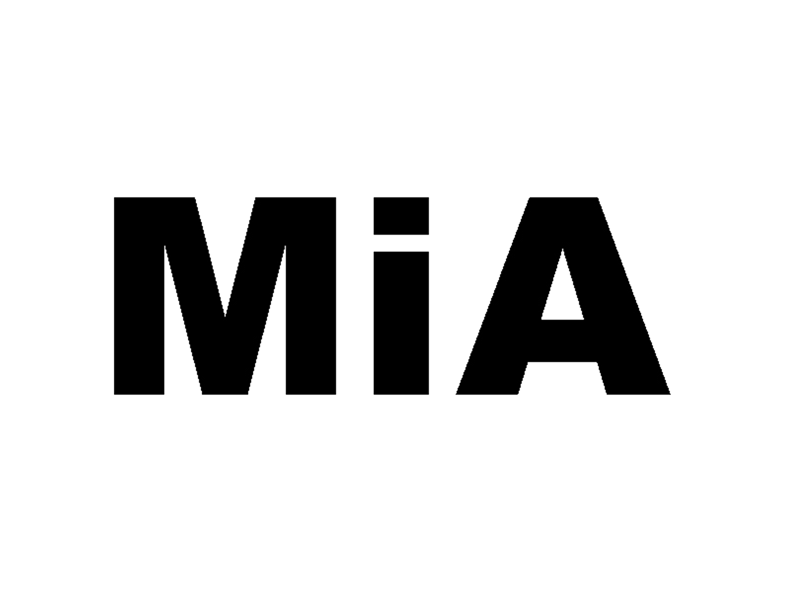week 5, message from zinc
Dear Baby Powder,
Do we truly understand our own changes?
Sometimes what appears to be change is merely a reproduction of a certain imagined version of ourselves.
We exist as vivid, dynamic symbols, constantly reshaped by external forces, only to return again to our inner selves.
At times, I feel this is our connection to nature — all the complex, unpredictable transformations are governed by invisible formulas or rules.
I hope we can all learn to coexist peacefully with change.
Best
Zinc
week 6, message from baby powder
Dear Zinc,
I cherish these transformations, like a series of embraces and farewells.
We move through them with such elasticity, yet still must hold something in balance.
Remember to take an intermission.
Baby Powder
Week 7, Message from Zinc
Dear Baby Powder,
I'm back in that first memory again.
It's a storm that never really fell.
When I look at the scar, it has already changed.
By the time it was marked in my memory, I had already become someone new.
Best
Zinc
week 8, message from baby powder
Dear Zinc,
I'm so happy for you. With every passing second, we can become someone new.
For a while, I stayed in the same space, where even the air felt frozen.
Then suddenly, I stepped outside.
The wind brushed my skin, and in that instant, a deep longing surged through me...longing for a single, fleeting moment.
I was startled. How vividly real this world is.
See you somewhere
Baby Powder
Wei Wei (zinc)
Wei Wei is a Chinese artist based in New York, who received his MFA in Photography from Parsons School of Design in 2025. Working primarily with sculpture and photography, he draws on the roots of traditional Chinese art to transform the tension between tradition and contemporary society into poetic visual forms. His practice investigates and redefines the meaning of cultural symbols in today’s consumer-driven world. Wei Wei is a recipient of the LensCulture Black & White Photography Award and the Critics' Choice Award, and his work has been exhibited internationally.
Wu MeiChi (baby powder)
Wu MeiChi is a photography artist whose practice interlaces color still life, stage photography, abstraction, and experiments with light and texture. She is recognized for her innovative use of media and meticulous hand-built light-and-shadow constructions, where everyday objects are transformed into striking still-life compositions that evoke both intimacy and cosmic scale. Beyond photography, Wu develops participatory and socially oriented projects, including King Wan Wan Shopping Mall and collage-based interventions at the Tainan Fine Arts Center. In these works, collage becomes a strategy for weaving fragments of collective life into new aesthetic forms, resonating with emerging AI aesthetics in which data, images, and social textures are continually recombined. Her artistry reimagines relations between humans, species, and environments, while reflecting on the conditions of existence and perception.
Significant solo exhibitions include Pairs Photo (2025) at Huis Marseille, Amsterdam, with works entering the museum collection; Baby’s Baby (2024) at Jimei x Arles International Photo Festival, as part of the Discovery Award nominees; Pandora’s Box at A26 Space and Vege Wonders, Beijing; Picnic (2020) at Pon Ding, Taipei; and YXX – The Flares (2019) at Each Modern, Taipei. Her work has also been featured in group exhibitions such as The Eye of Abstraction (2023) at the National Center of Photography and Images, Taipei, A Fresh Look – The Artist’s Window (2022) at ArtBank, Taichung, and IMAGRATION at Gallery Common, Tokyo.
